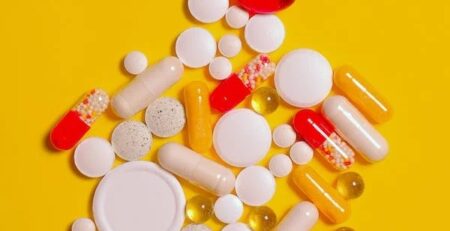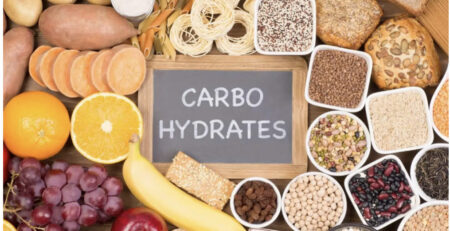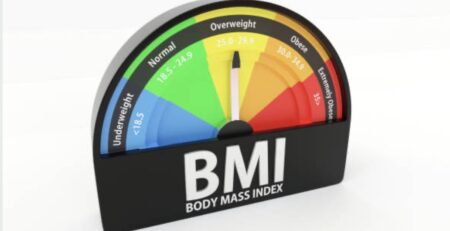Rebuilding Strength: The Science Behind Protein in Recovery Foods
Recovery foods, particularly those rich in proteins, play a pivotal role in the growth, repair, and rejuvenation of muscles, tissues, and organs. Understanding the significance of protein intake throughout the day is essential for providing the body with the necessary nutrients for optimal recovery. Let’s delve into the science behind proteins, their role in muscle synthesis, and the art of strategically incorporating them into your recovery routine.
The Role of Protein in Recovery
Protein stands as the primary macronutrient crucial for building and repairing muscle, bone, and skin. Comprising amino acids, the building blocks of protein, the body constantly engages in the dynamic process of building and breaking down muscle proteins. Eight “essential amino acids” cannot be synthesized in the body and must be obtained through the diet, emphasizing the importance of a well-rounded protein intake.
Daily Protein Requirements
Whether engaging in a gym session, conditioning training, or a rest day, maintaining a consistent daily protein intake is key. Spread protein consumption throughout the day, including meals, snacks, and before bedtime. For optimal muscle recovery overnight, consider consuming slow-releasing proteins like milk, yogurt, or cottage cheese.
- 1.6-2 g/kg per day: Aim for 1.6-2g/kg body weight of protein per day. For instance, a 70kg athlete would target 112–140g daily.
- 2-2.5 g/kg per day: This may increase to 2.5g/kg body weight for weight gain, muscle growth, or to support muscle maintenance during injury or weight loss.
- 20-30g per portion: Protein should be spread out over the day in meals, snacks, and before bed, aiming for a minimum of 20-30g per portion (0.3g/kg body mass).
Protein-Rich Recovery Foods
Understanding the types of proteins and their quantities is crucial. Animal sources provide “complete proteins” containing all essential amino acids:
- 10 g protein: e.g., 1 small chicken or turkey breast (75 g).
- 15 g protein: e.g., 3 slices of beef, lamb, or pork (75 g).
- 20 g protein: e.g., 1 large fillet of fish (150 g).
- 30 g protein: e.g., 6 tbsp of Greek yogurt (200 g).
Plant-based proteins, though incomplete, can be combined for a balanced intake:
- 50 g protein: e.g., 50g nuts/seeds.
- 15 g protein: e.g., 160 g tofu.
- 30 g protein: e.g., 180 g tempeh & 30 g peanuts.
Conclusion: Crafting Your Optimal Recovery
Understanding the science behind protein in recovery foods empowers individuals to craft an optimal post-exercise routine. By strategically incorporating protein-rich foods, one can enhance muscle recovery, support overall well-being, and pave the way for sustained strength and resilience.
For more insights into the science of nutrition and recovery, visit SportNutarian. Nourish your recovery, fuel your strength.



















